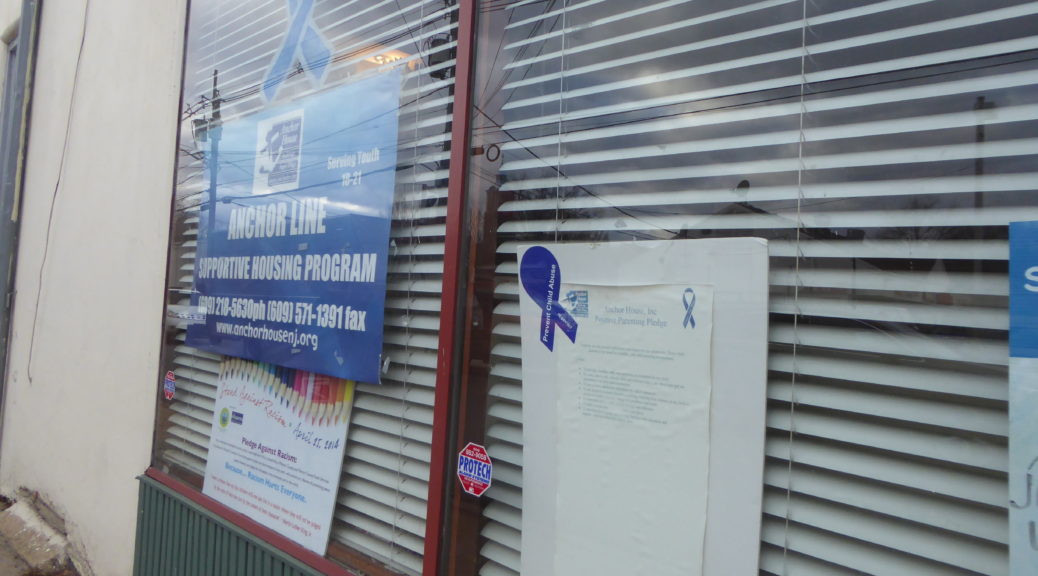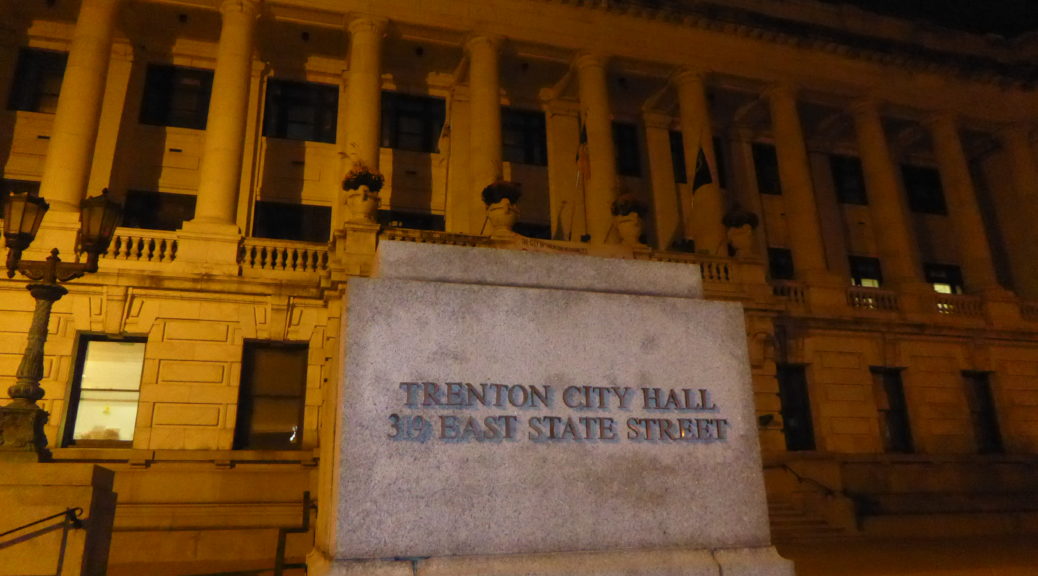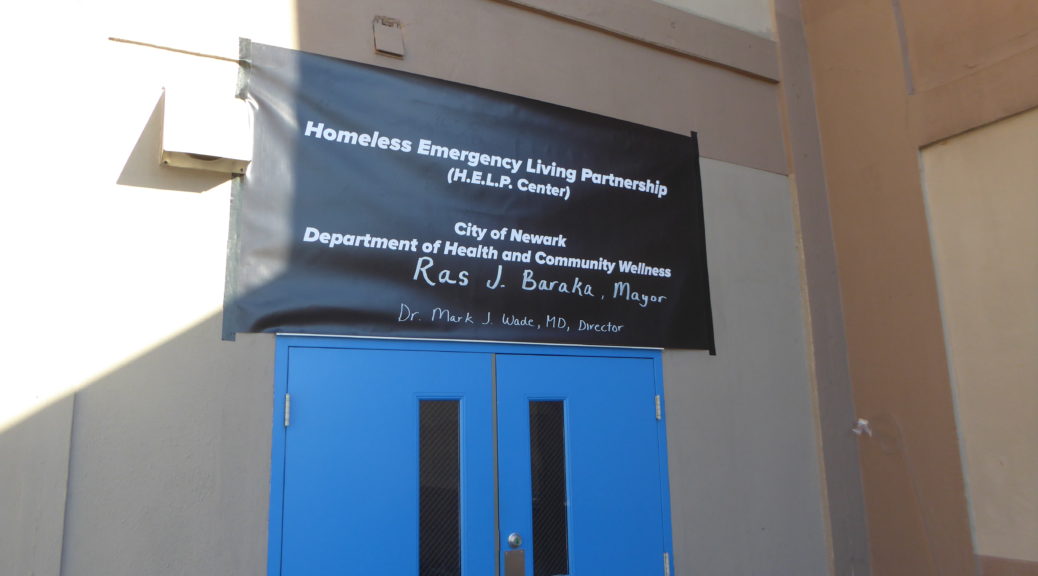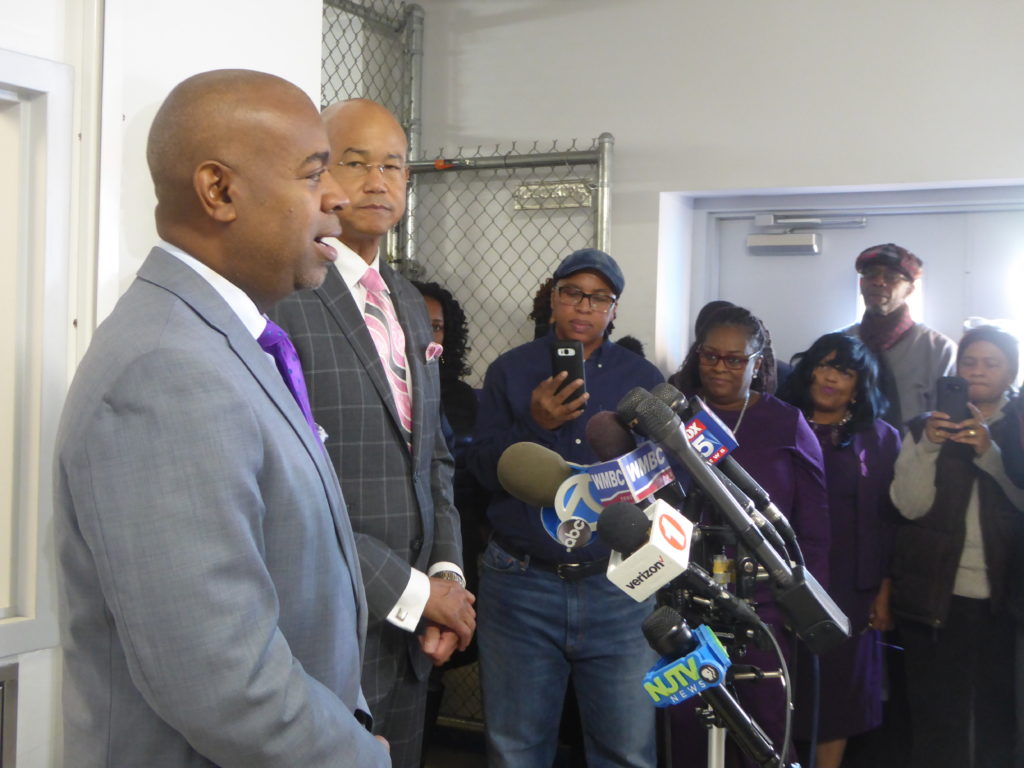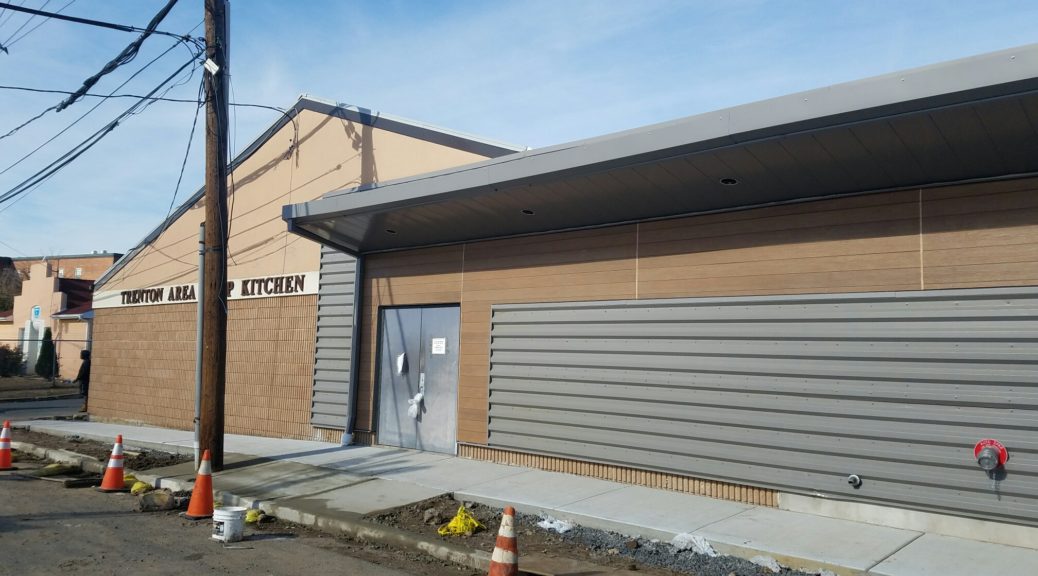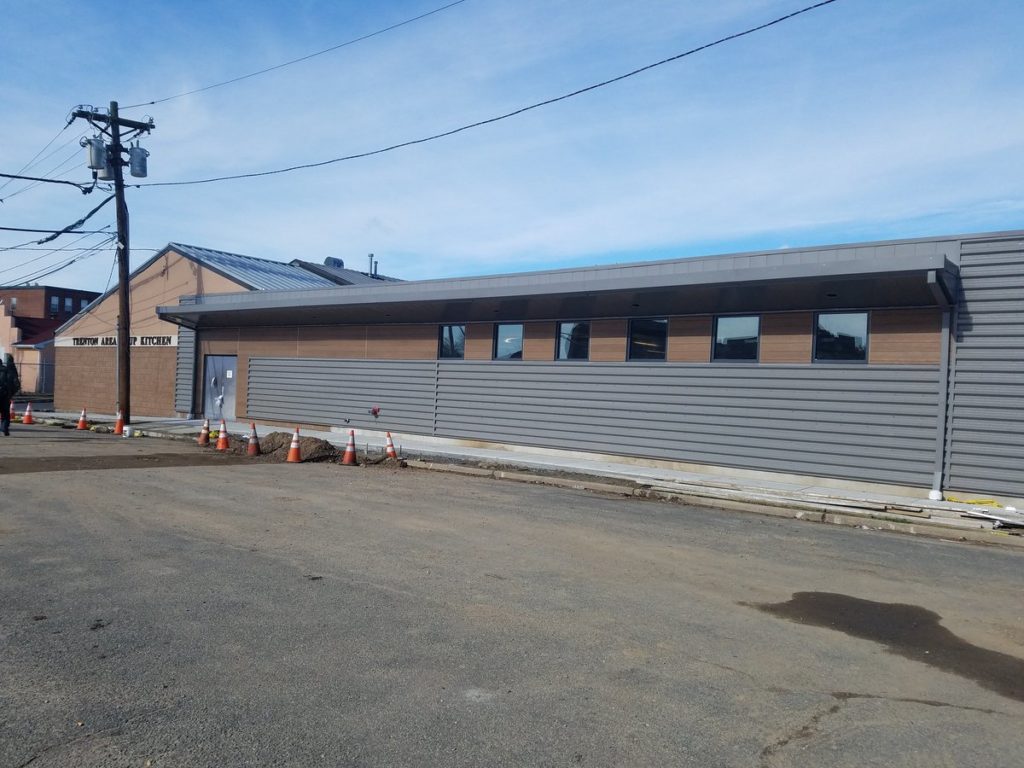By Brie Wells
Tyrese Douglass and Gia Richardson, two young local artists, have chosen to share their vision for alternative art in Trenton through the medium of sketches. Tyrese, also known as “Reese,” was a born and raised in Trenton, and has been using art as a way to express himself since his childhood. Gianna Richardson, also known as “Gia,” developed her love for art when she was eight years old after moving from her hometown of Wilmington, Del. to Trenton, N.J.
The two met in elementary school and later developed a relationship in high school, where they began to collaborate on pieces while sharing a deep passion for art. The pair chooses to create art in their home, allowing their creative process to develop in the space in which they inhabit.
In settling on their art style, Reese developed the pen name “Starboy” and Gia penned herself “Stargirl TD.” The inspiration for both names sparked from personal values and experiences from their lives, which have led them to where they are today. A pen name is a descriptor that marks the designs of an artist; Both artists feel that their pen name is a perfect representation of who they are.
“It represents my name and my favorite number,” Richardson said. “The ‘G’ represents my first name and the ‘S’ represents my family name, and my favorite number is two.” Inspiration for the focus of their art often comes from their surroundings, the internet and whatever they can think of. Coming from a large family, four brothers and three sisters, Reese hopes to one day follow in his older brother’s footsteps and work in a museum as an art curator.
Both find solace in creating art to different types of music, with Reese preferring smooth jazz and Gia preferring rap music. As they prepare to create their own works, they both lean toward pens, mechanical pencils and markers to translate their ideas onto the page.
Both plan to go to art school and hone their craft as they continue to experiment with different mediums. Gia hopes to channel her creativity into tattoo artistry. With their hopes, both have become passionate about framing and showing their art to the world. “We want to show people how much we love art and all the different art genres we can do,” Richardson said.
Both artists continue to reside in Trenton and hope to share that the city brings so much joy to their hearts. They urge other aspiring artists “to never to give up.” Although only 19 and 20 years old, the two artists hope to continue to bring their art all over the world while paying homage to where their journeys began: Trenton, N.J.




